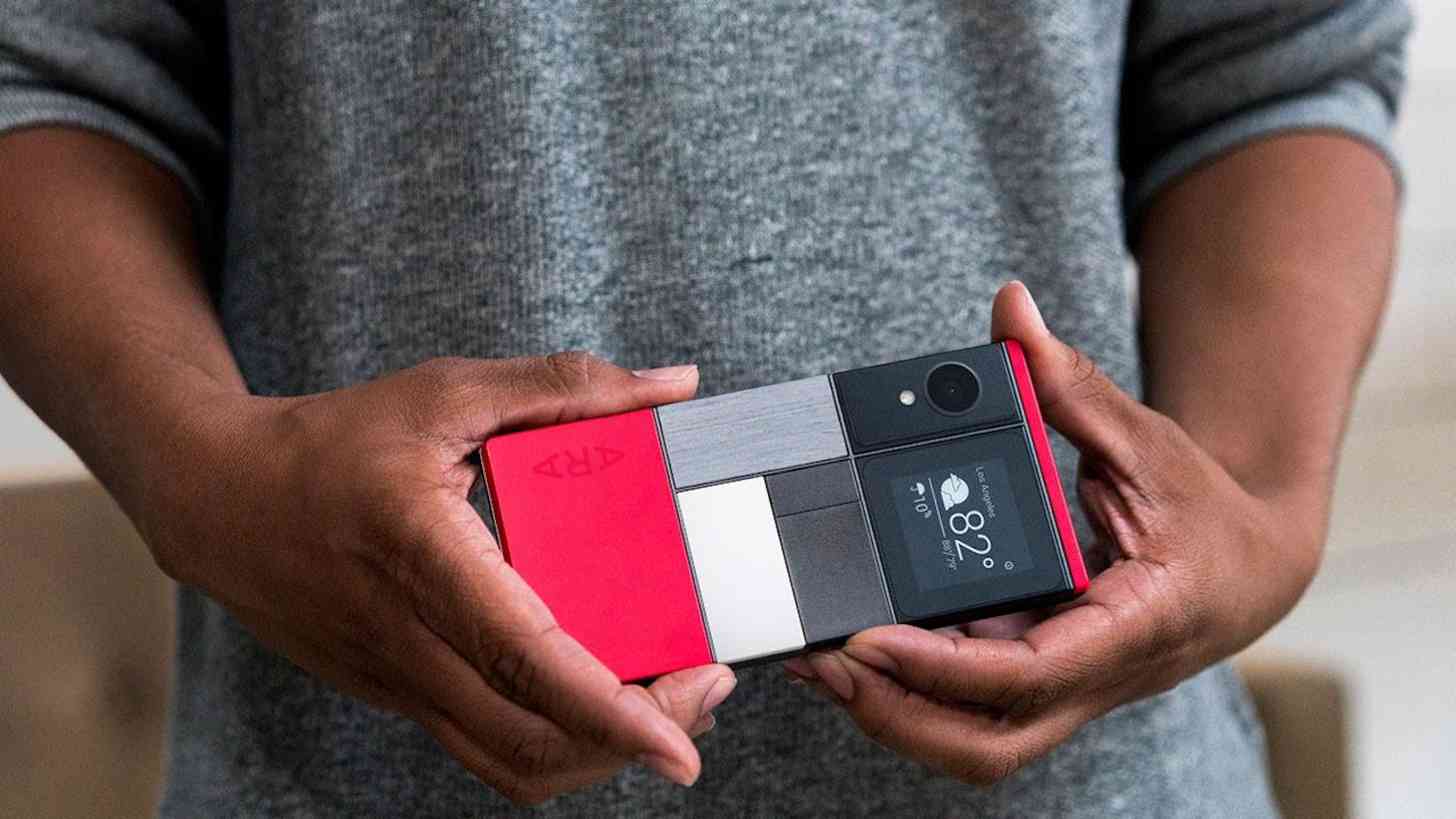
There are plenty of reasons why our smartphones are so great, but I think we can all agree that one of the greatest things about them is the fact they help us consolidate devices. Thanks to smartphones being so capable and technologically powerful, we don’t need to carry around a separate camera more often than not. We don’t need to bring a separate music player.
The smartphone market is massive, and always advancing, and becoming more powerful with each new iteration. Companies are always looking for ways to make our phones even better, finding out how they can maximize a device’s design profile, how thin it can be and how many features can be baked into it as a result of that. We all know Apple is transfixed on the idea of making devices thinner, like the iPhone, and many other companies do their best to follow suit.
Thinness is great, sure, but not if it means sacrificing other key parts of the overall experience. I don’t think I’m alone here when I say I’d gladly take a bit thicker devices if it meant some serious gains in battery life. After all, devices are plenty light with just the materials companies use to make them. I don’t think we need to try to make them paper thin just yet.
In any event, we’ve been watching smartphones eat up other pieces of technology for many years now, but it’s starting to feel like we’re going backwards in time. Which is strange, because it’s not like the consolidation has stopped. Our smartphone cameras are still great, in most cases, and for many folks out there it means they don’t always have to carry around a separate camera. Music players? Same deal.
And obviously accessories have always been a major part of the smartphone business model, from cases, screen protectors, and even battery cases to help us get a bit more life out of our devices on a daily basis. There have been smartphones out there, like the Lumia 1020, that have had accessories that make the phone feel more like a camera, with a specific grip in place to achieve that.
So, accessories are part of our reality for most smartphone owners. But it’s starting to feel like modular phones are taking that to the extreme.
I think the idea for modular phones is pretty awesome. But I also know that I won’t be going out of my way to use them. I’ve avoided any real need for accessories over the years, including even cases, and modular phones make me want to embrace using accessories for just about everything. Google’s Project Ara, which was given proper attention this year and even has plans for consumer products next year, just enforced that theory in a big way.
First, let me say that being able to simply click into place certain modules that you might need in any one moment is awesome. From a display showing specific pieces of information, to a camera, multiple speakers, and more, the ideas here are fantastic. It’s futuristic in all the right ways. Being able to swap cameras along is pretty awesome. But, for me, I think it’s just more of a possibility that I need to have a pocket full of these modules, and, maybe even lose them.
I believe that Project Ara, from a design, functionality, and future scope aspect is going to be one of the coolest things we see this year, and into next. I have no doubt that Google is going to have a lot of awesome things to show off with it in the future. Those individual modules are probably going to be pretty crazy, especially as third-party developers jump into the fray.
I don’t know that I’m ready to going back to carrying more things in my bag, though. Sure, they’re small, but considering the use cases for something like Project Ara, where a variety of individual pieces put together make the total experience, it sounds like we’ll need a lot of them to get the phone we want, with the accessories we want at any given moment.
Still, even if I don’t think Project Ara —or other modular phones— are for me, I can still admit that I’m ridiculously excited to see what happens with all of them. LG’s got the ball rolling and I can’t wait to see how the G6 or whatever the Life’s Good crew calls it makes the modular design even better. And if Motorola is indeed jumping on the bandwagon, too, that’s just more to look forward to.
Maybe one of them will be able to convince me that going modular is the way to go.